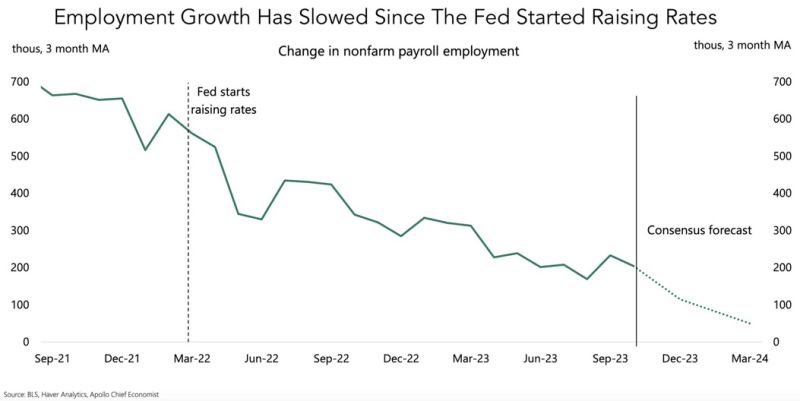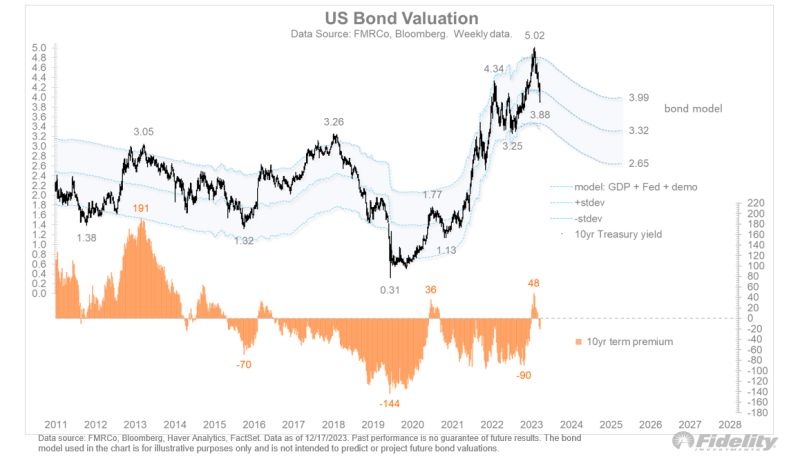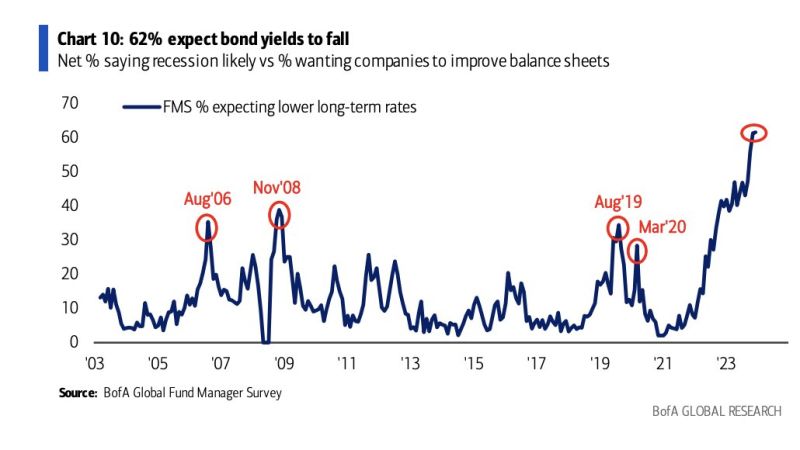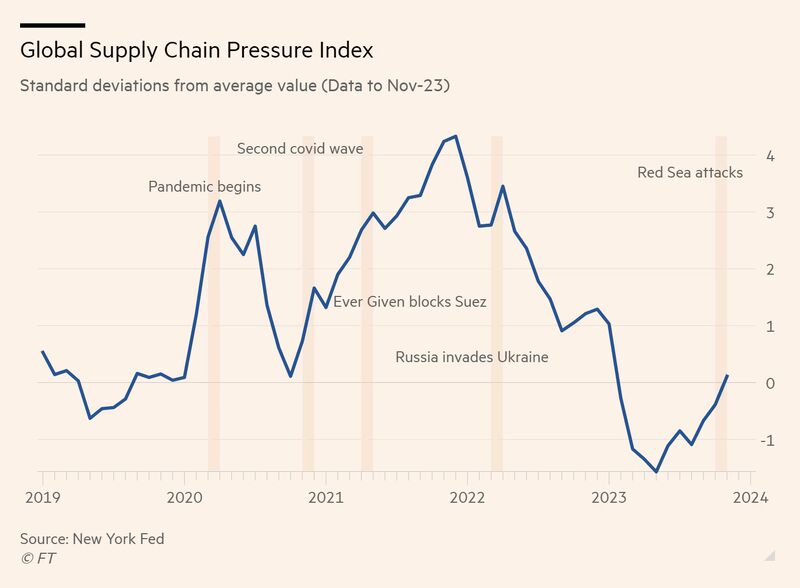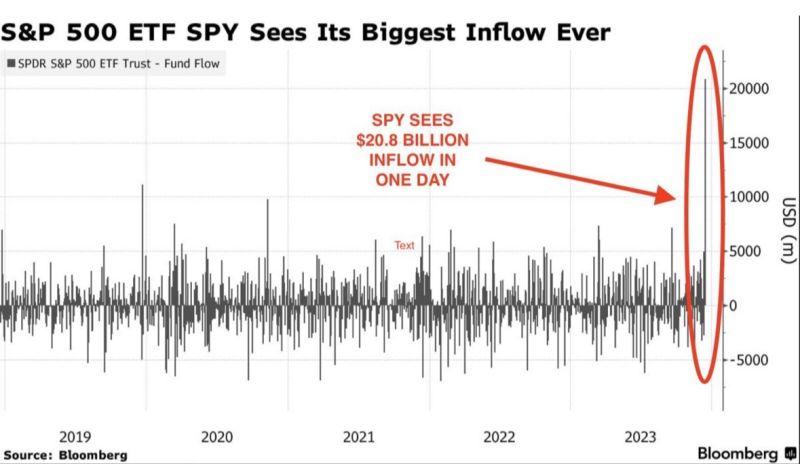Being Human in the Age of AI
For thousands of years humans have tried to predict, manage, and control the future. Our ancestors looked for advice from oracles and read the stars. In more recent history, we have turned to science to determine future trends. But a fixed and knowable future doesn’t exist. As I look back on 2023, I recognize – …


